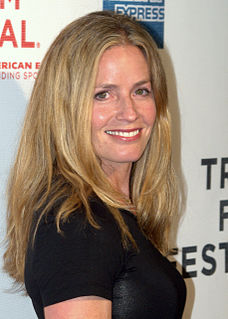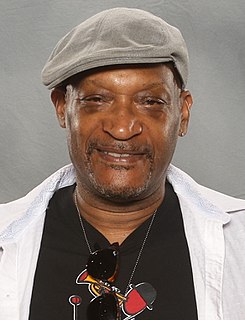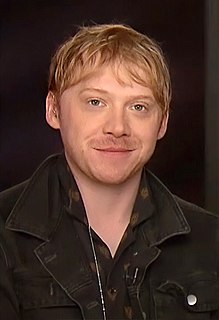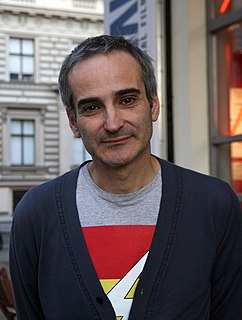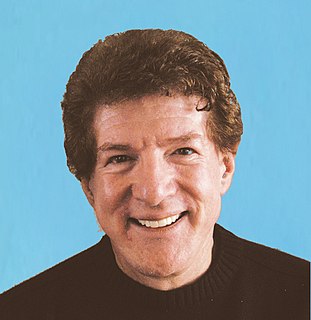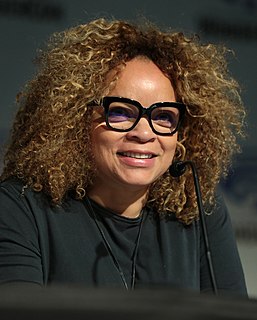A Quote by Darren Aronofsky
The only way I know as a director is to figure out what the film is about. And out of the theme and the sense of what the film is about, all those decisions start to make sense. But to find that truth within it, you have to limit your possibilities and limit your choices. That's where this visual language grows out of.
Related Quotes
Film theory has nothing to do with film. Students presumably hope to find out something about film, and all they will find out is an occult and arcane language designed only for the purpose of excluding those who have not mastered it and giving academic rewards to those who have. No one with any literacy, taste or intelligence would want to teach these courses, so the bona fide definition of people teaching them are people who are incapable of teaching anything else.
I always feel bad for those who, in a sense, cede their authority to others, let others make major decisions about their life and actually believe them. When you're tiny, you have no choice. But as soon as your mind starts working, you pretty well figure it out. And you realize you're a hostage until you're old enough to leave. But as long as you have that goal - I will get out of here - you'll be OK.
You don't necessarily have to go to film school to be a brilliant film maker. If you are a good listener and you study life, and you find that story that is buried within each and every one of us, and you figure out a way to bring that out. And sometimes it doesn't necessarily mean money or winning the lottery.
When I make films I'm very intuitive; I'm instinctive. When you are shooting there's little time to think about abstract ideas, it's about getting things done, getting them right, and trying to channel the energies and get the best of whatever you have on your set. It's only once the film is finished that it's like, "Okay, let's try to figure out what happened." Try to figure out exactly what I did.
The way you activate the seeds of your creation is by making choices about the results you want to create. When you make a choice, you mobilize vast human energies and resources which otherwise go untapped. All too often people fail to focus their choices upon results and therefore their choices are ineffective. If you limit your choices only to what seems possible of reasonable, you disconnect yourself from what you truly want, and all that is left is a compromise.
Your first film is always your best film, in a way. There's something about your first film that you never ever get back to, but you should always try. It's that slight sense of not knowing what you're doing, because the technical skills you learn - especially if you have a film that works, that has some kind of success - are beguiling. The temptation is to use them again, and they're not necessarily good storytelling techniques.
My favorite part about costume designing is the artistry of the job. You meet with a director and a visionary to discuss ideas. You research the characters and figure out the components of their look through your own vision. You create a color palette for a film, television or stage medium and discuss it with the director of photography who then lights your colored subjects.
It does not feel any different being directed by a first-timer as long as I am convinced that the director is passionate about the film he or she is making. If you get a sense of their vision for the film and their aesthetics of your performance, then it does not matter whether you work with a new or an experienced director.
If you stepped out of bounds, or you stepped out of your tumbling path and didn't stick it. By the time you're done, you can count your own damn deductibles to know what your score is about to be. But this is completely different, it's so subjective. There are so many variables that don't make sense. You can't quantify someone's emotional connection to what you feel.
That's what I love about writing. Once you get the words down on paper, in print, they start to make sense. It's like you don't know what you think until it dribbles from your brain down your arm and into your hand and out through your fingers and shows up on the computer screen, and you read it and realize: That's really true; I believe that.



